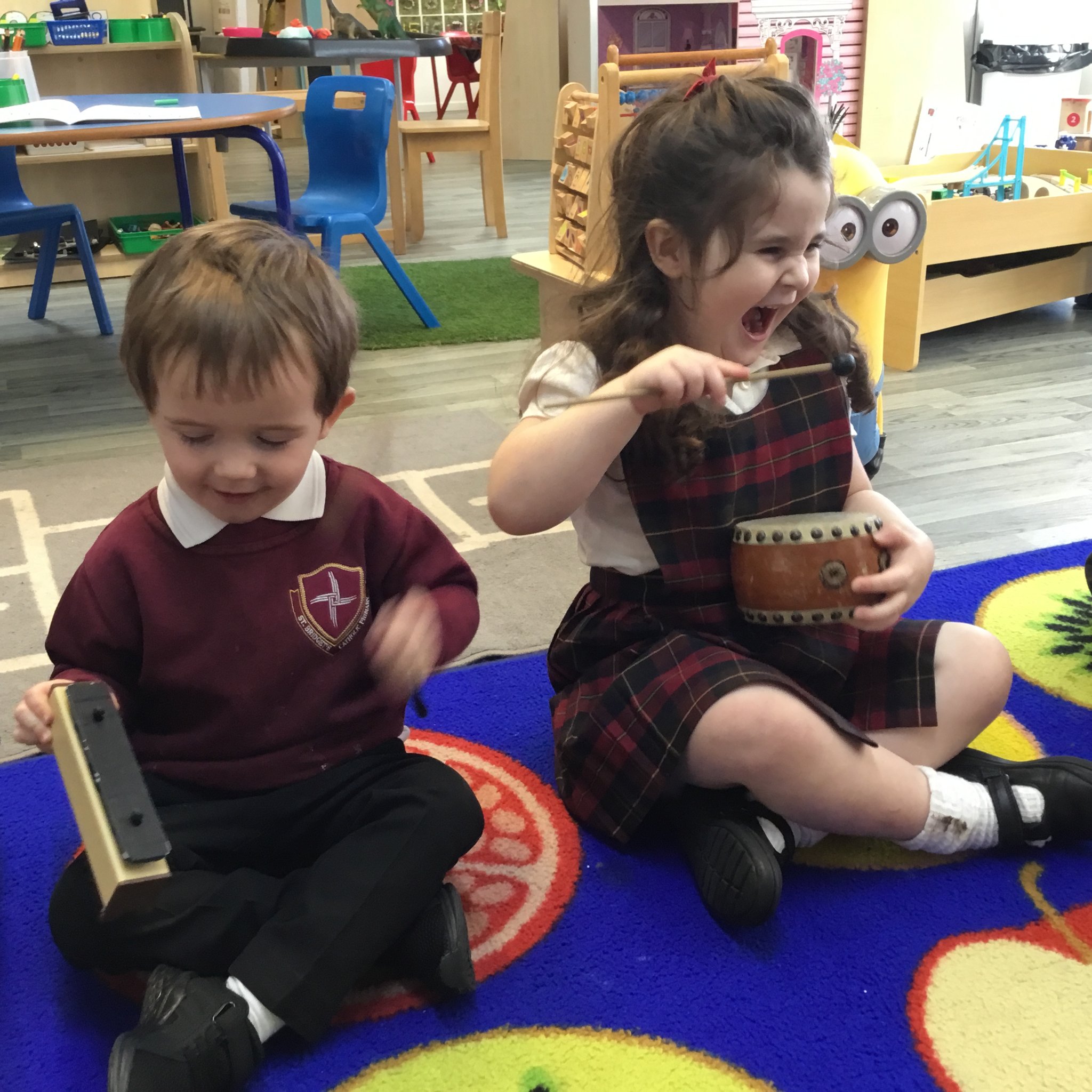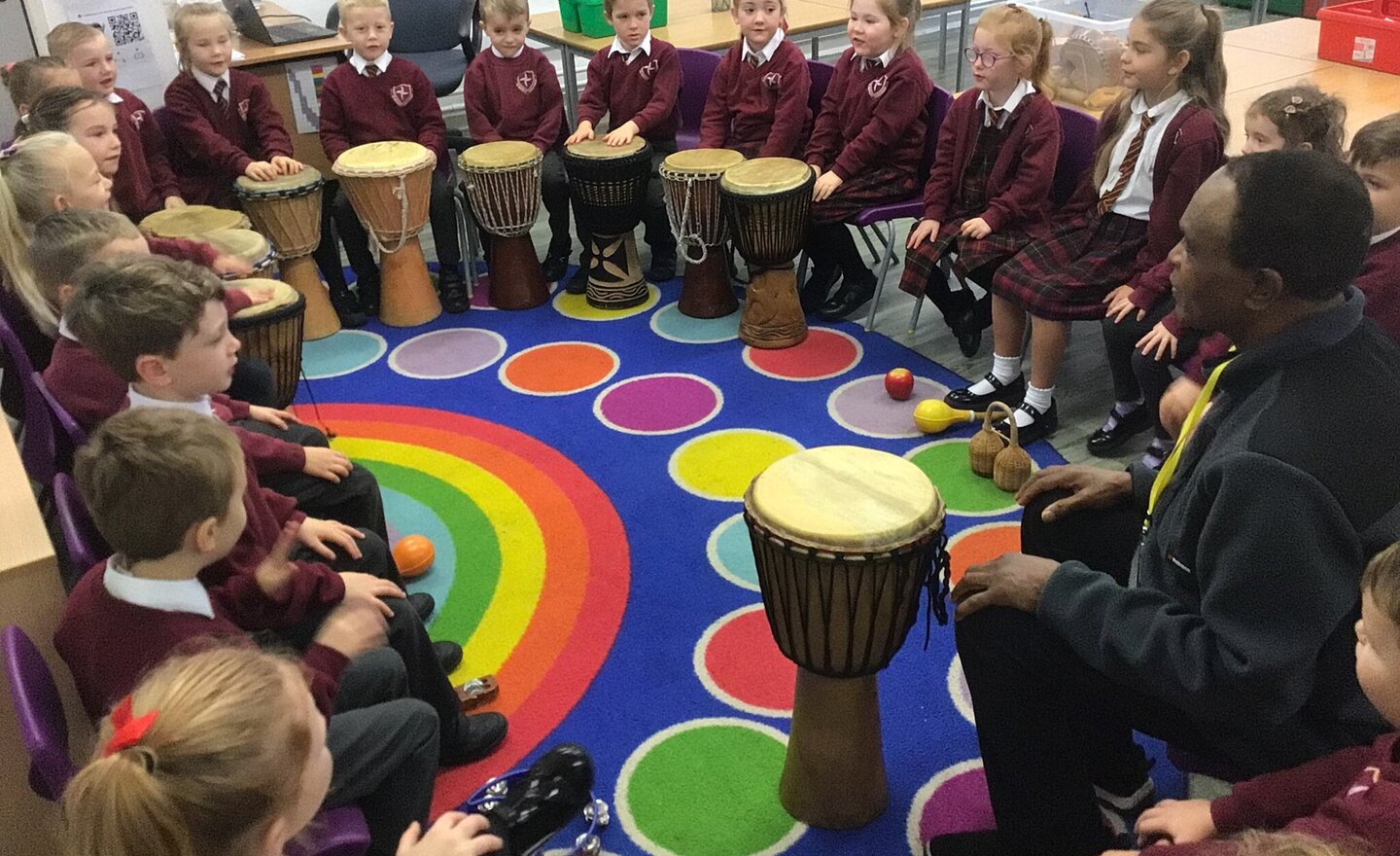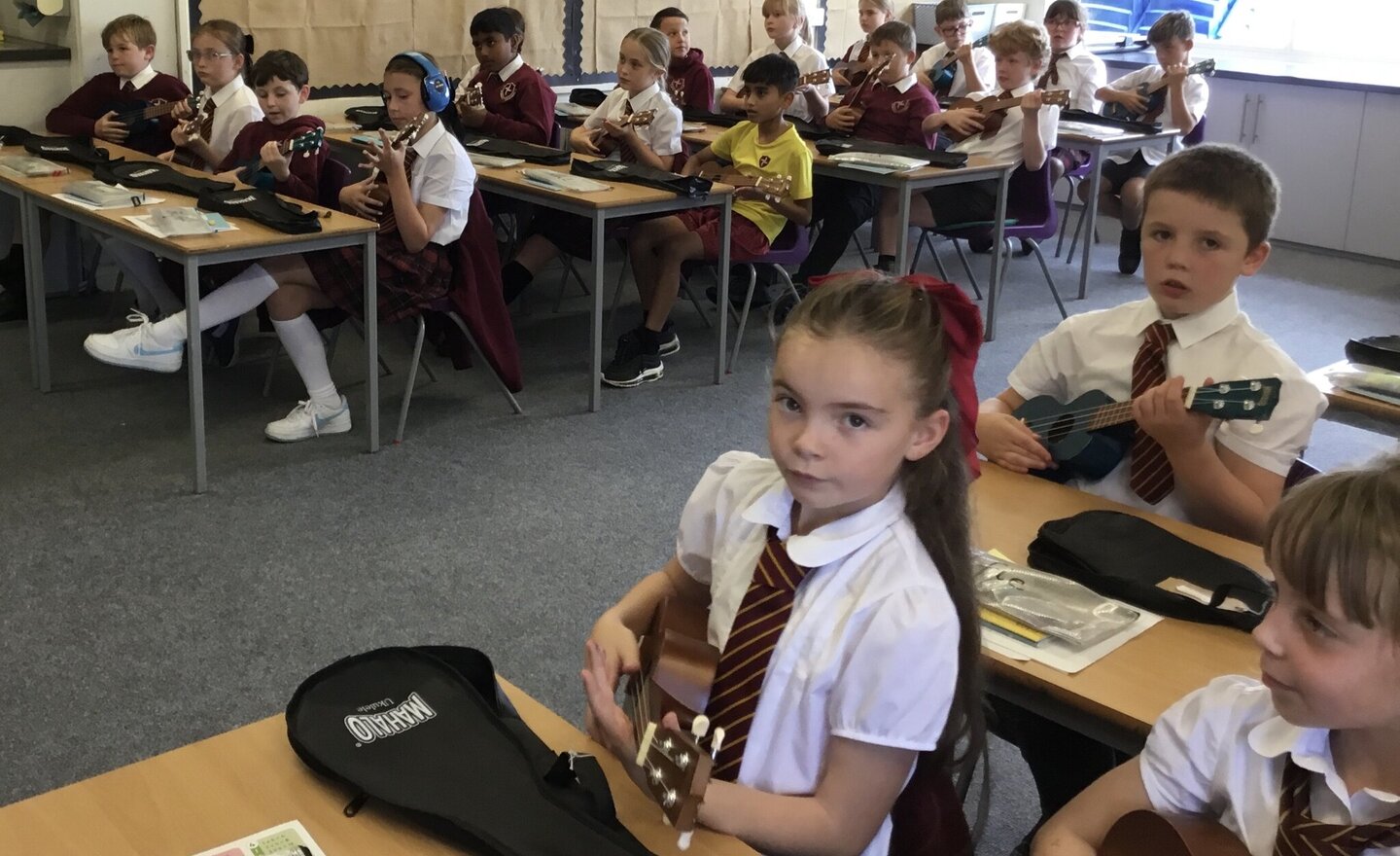Our Vision
At St Bridget’s we teach music to develop children’s self-confidence, creativity and sense of achievement. Children will be taught how to perform, compose, listen, reflect and appraise. Children are taught a wide range of musical skills and have the opportunity to play an instrument. They are taught to develop their love of music and encouraged to show their talents as a musician. 
Our Aims
- To promote a balanced, inclusive, progressive curriculum with appropriate cross curriculum links.
- For children to be able to perform, listen, review and evaluate their own work to become confident composers and musicians.
- To provide an inclusive education bearing in mind the particular needs of all pupils within the school.
- To use their voice to create music as well as have the opportunity to play a musical instrument or use technology to compose and perform music.
- To learn how to use pitch, rhythm, beat, texture and other musical dimensions to explore music and the work of musicians.
Our Curriculum
Our Music Curriculum
Our children in the Early Years follow the Development Matters document where we ensure they have the experiences to use their voices and play musical instruments. They learn to create their own music and songs. Children use their ideas and feelings to explore musical elements and experiences. Reception follow the Charanga scheme of work.
We use CUSP Music to support our teaching of the music curriculum from Year 1 – 6. CUSP Music has been purposefully built around the principles of evidence-led practice. This is to ensure that there is a focus on high-quality development of children as musicians. The curriculum is carefully designed to build pupils’ musical knowledge and develop their competency and confidence as musicians. Each block includes the study of significant musicians and musical works, with the intention of exposing pupils to a wide range of music that will inspire them and connect them to the world around them.
CUSP Music long-term sequence
There is a significant focus on revisiting throughout the curriculum with the aim of pupils mastering key knowledge and skills that can be built on as they move through the programme of study.
What will pupils know and be able to do at key points of the curriculum?
During KS1, CUSP Music aims to secure strong musical foundations for pupils. This includes a strong focus on learning musical vocabulary and significant opportunities to master rhythm and pulse. As pupils move into KS2, they will begin to learn the glockenspiel, alongside exploring a range of other tuned and untuned instruments. The aim is that by the end of Year 4, pupils will have secured a good level of technical and creative skill in playing the glockenspiel and this lays the foundations for pupils to go on to learn the keyboard throughout Years 5 and 6.
For each year group, blocks provide the opportunity for pupils to prepare and perform musical compositions. In KS1, this is woven into several blocks to build pupils’ confidence and experience base. Throughout KS2, pupils begin to perform in different musical ensembles, culminating in them performing their own compositions and improvisations by the end of Year 6.
Pupils will be taught to read music from the earliest stages with the expectation of this gradually developing as pupils’ experience base builds. Music from a wide range of cultures, time periods and traditions is studied across the curriculum, with plenty of opportunities for pupils to revisit significant musicians and compositions within and across years. This is important to help pupils embed learning and make connections between what they already know and their new learning.
Cultural development
The CUSP curriculum has a strong focus on supporting pupils to meaningfully develop their understanding of other cultures and issues that impact on the wider global community. For this reason, CUSP Music has a specific emphasis on teaching pupils about music that originates from a wide range of cultures, traditions and time periods, including those that are both similar and different to pupils’ own experience of music in modern Britain. Teachers will note that significant musicians and compositions are included throughout the curriculum. Pupils will learn about important works of music from around the world and their contextual significance in history and society. These have been carefully mapped across the curriculum to ensure a balance of new studies and opportunities to revisit those that pupils have already met. This supports pupils in making connections between musicians and musical works and embedding their aural repertoire cumulatively. Teachers are strongly encouraged to link this learning to pupils’ learning from the wider curriculum, for example, their study of significant historical events, different faiths or the geography of the world.
Assessment
Assessment of Music should be formative and based on the pupil outcomes from each lesson. The following can be used to assess pupils’ knowledge and understanding of music and musical skills:
• Expectations of what pupils will know and be able to do are included on the front page of each block. The Point of Reflection notes provide clear outcomes for each lesson.
• Pupils should know and remember the key language that is delivered cumulatively throughout the curriculum. Teachers can use the vocabulary quizzing during, at the end of and after each block to support pupils in embedding this.
• Questions for assessment are provided for each block. Teachers can use these as part of a Pupil Book Study structured discussion to help them understand what pupils have learnt over time.
Enrichment
Children in Key Stage Two have the chance to take part in an end of year performance in the Summer Term. Past shows have been ‘The Wizard of Oz’, ‘The Sound of Music’ and ‘Oliver Twist’. Children can also join our school choir, who often perform at public events in the community as well as competitions. At Christmas the children in Reception, Year 1 and Year 2 perform in Nativity plays and our Junior children perform in a Christmas Carol Service in church. Children have the opportunity to learn an instrument in Key Stage Two. In the Early Years and Key Stage One children have the opportunity to play and explore sounds and music with lots of different instruments such bells, shakers and drums.
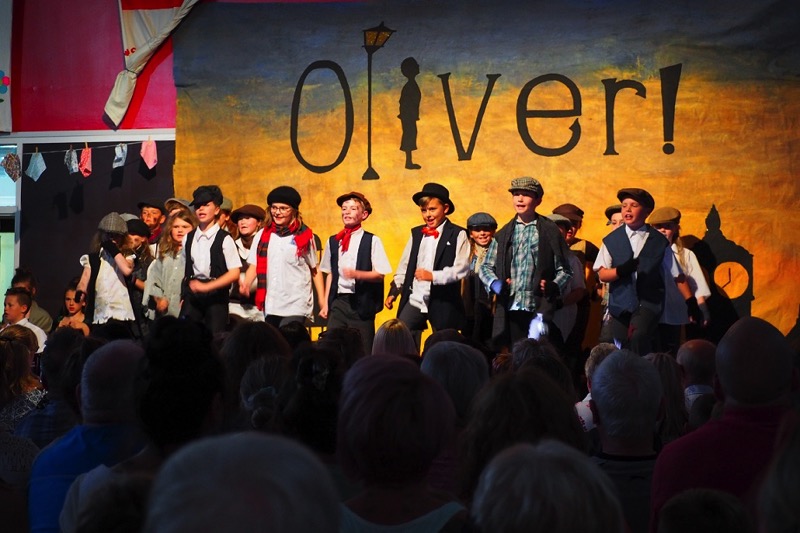
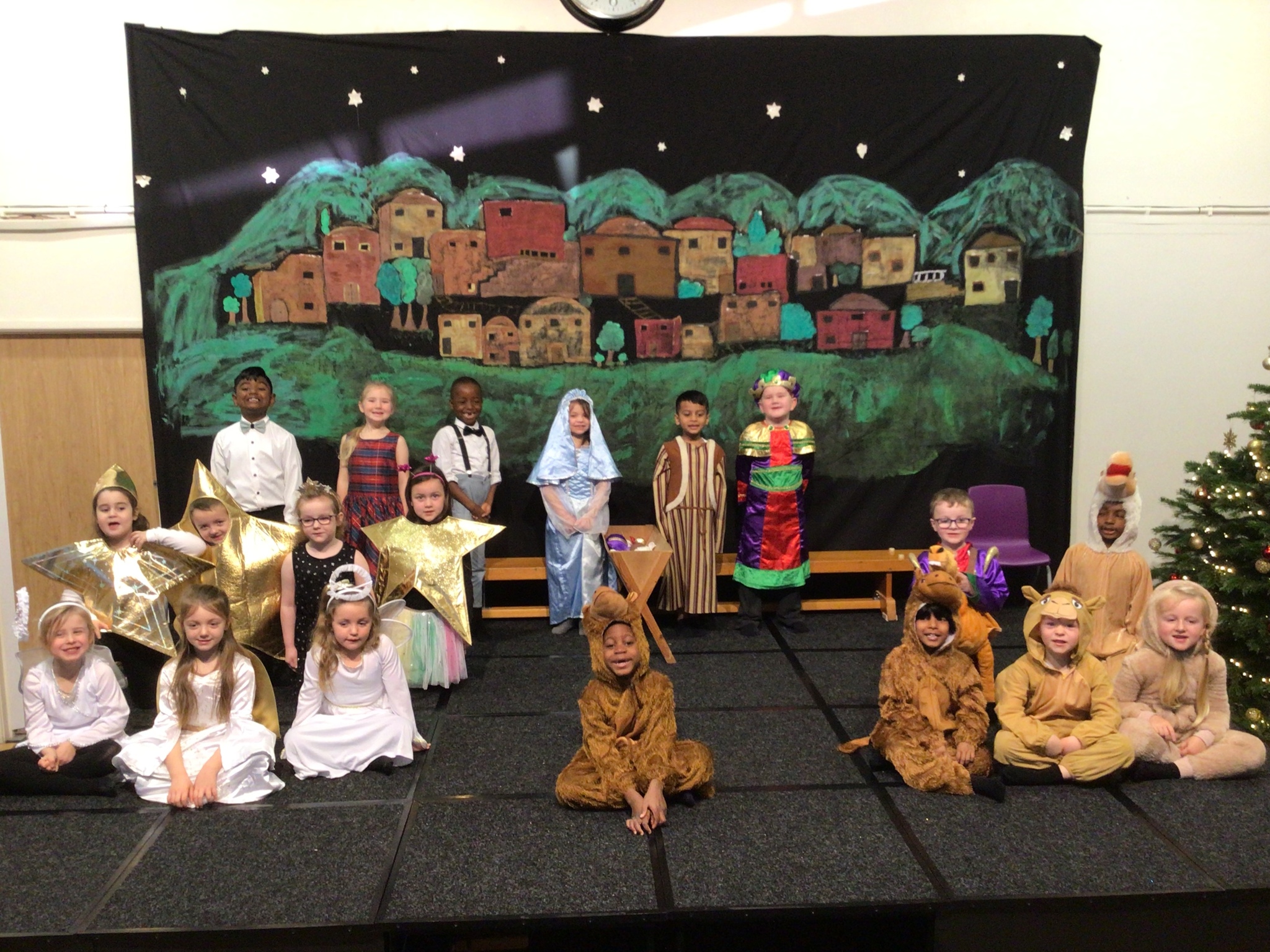
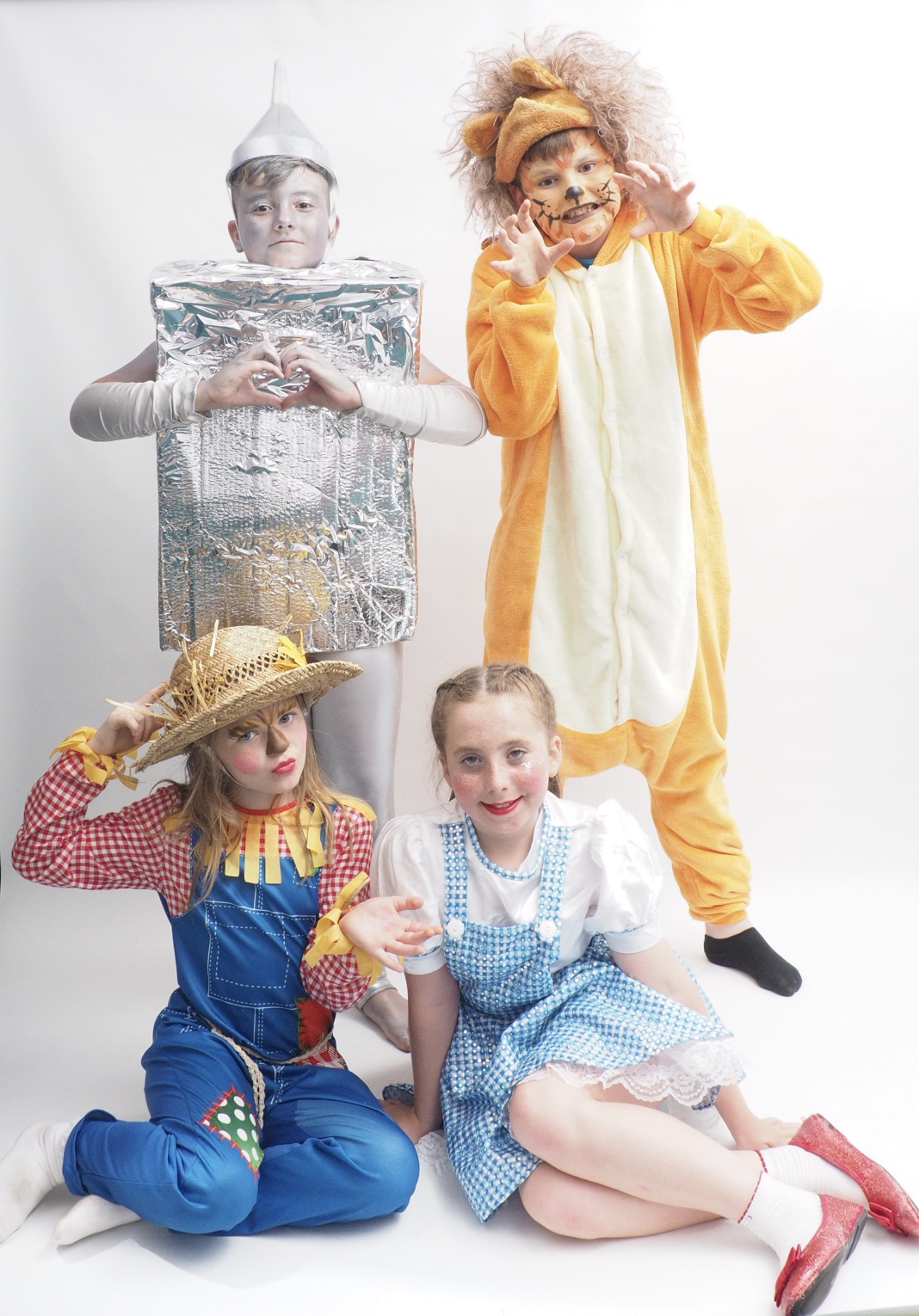
St Bridget’s Music Long term plan
Music- knowledge, skills and outcomes
St Bridget’s Music Development Plan
Related Blog Posts
Ukulele in Year 5
Year 5 had so much fun in their ukulele lesson today!
They played the Human Bar game, which involved working out the notes in each bar and representing them with arm signs. The children then played along to several songs using the notes they’ve learned so far.
We were all very impressed with…
African Drumming in Year 1
Year 1 loved their first music lesson with Zozo learning all about African Drums known as Djembe. It was great fun learning new songs and listening to Zozo’s stories with fun actions. We can’t wait for his next visit.
Year 5 First Ukulele Lesson
Year 5 thoroughly enjoyed their first ukulele lesson this week. They began with some fun warm-up games to explore rhythm before learning the names of the different parts of the ukulele, such as the bridge and the sound hole. The class also practised how to hold the instrument correctly and…
